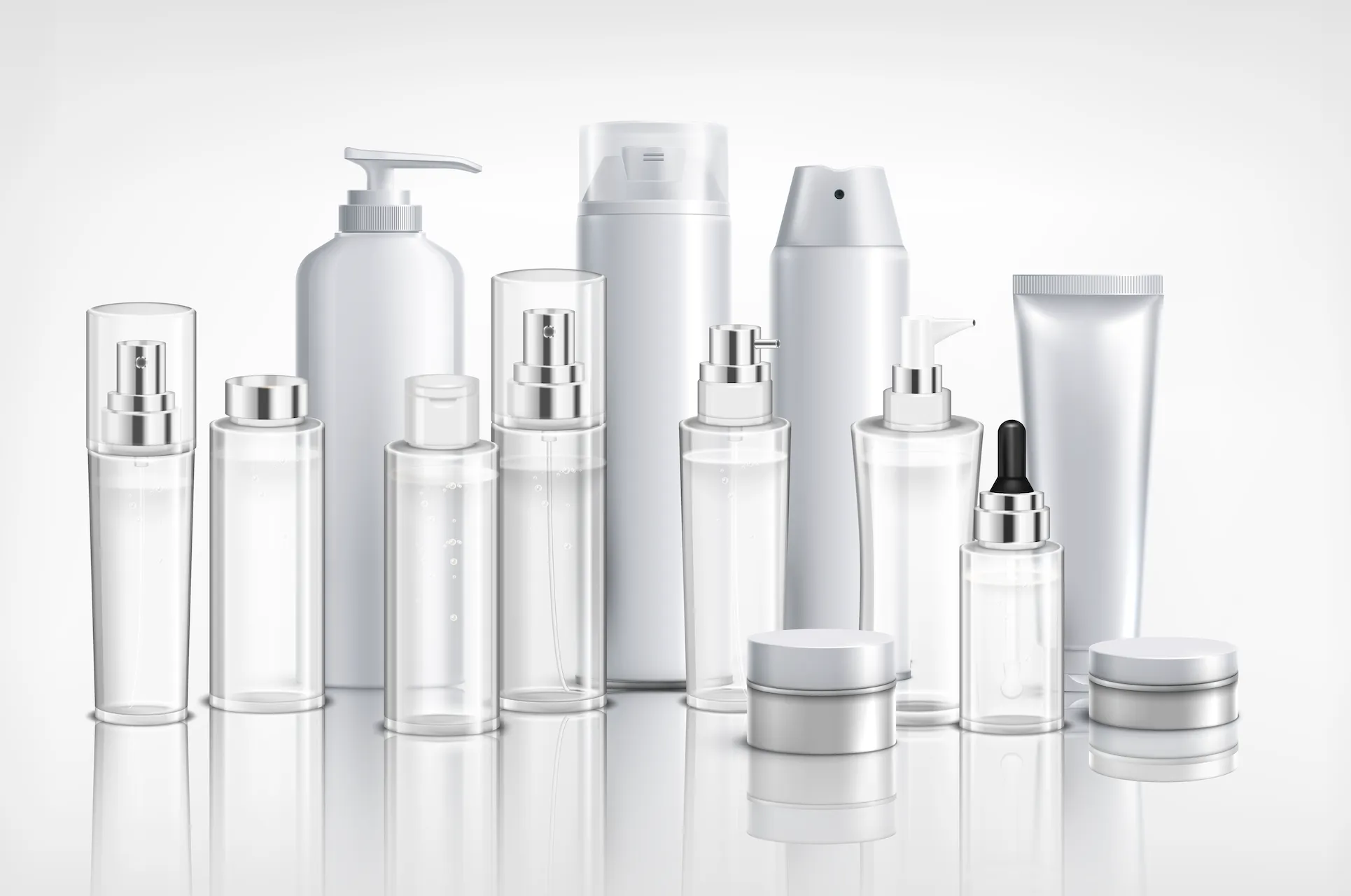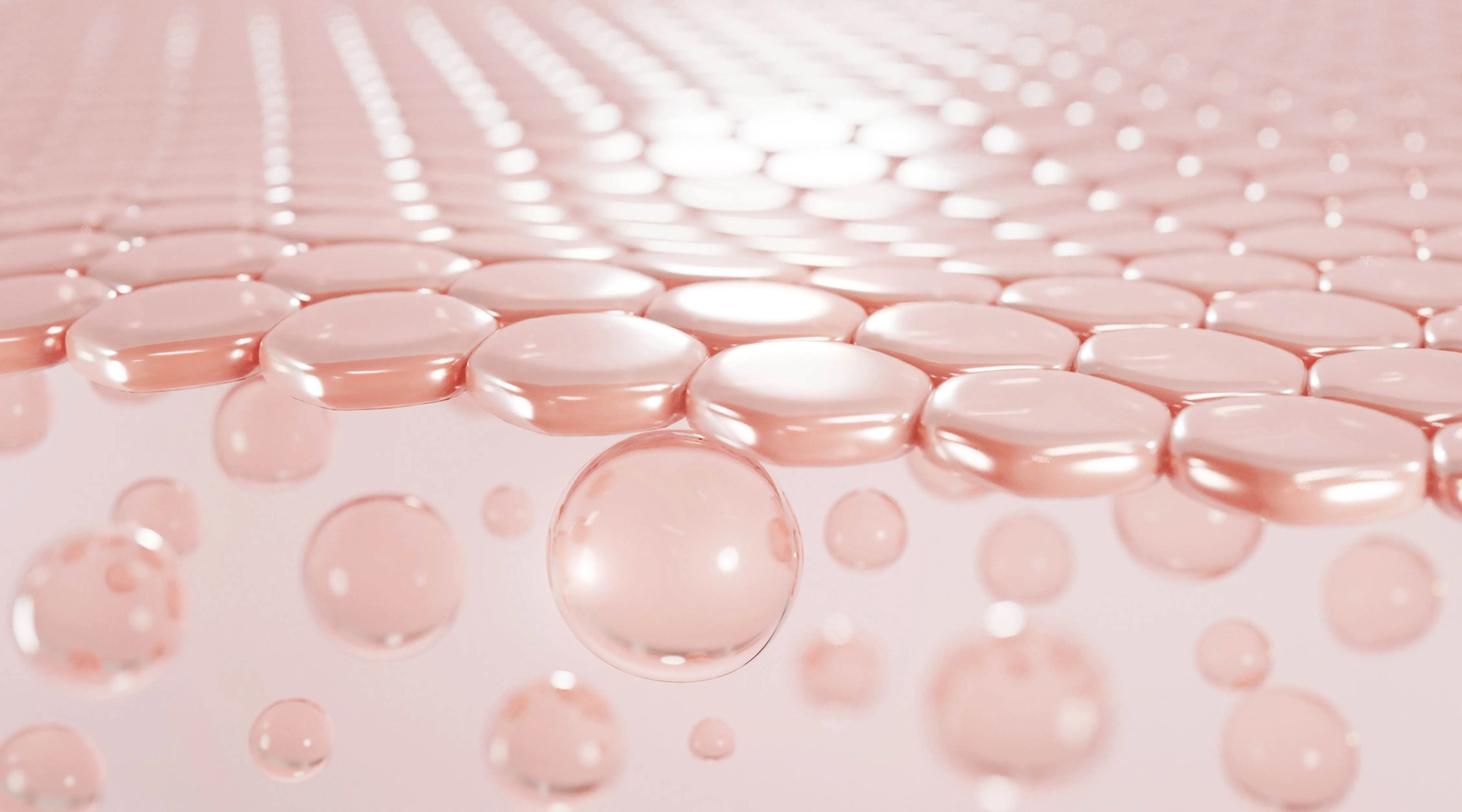Red Wine and Antioxidants

Red wine has long been celebrated not just for its rich flavor and ability to complement a meal, but also for its potential health benefits. Central to these benefits is the presence of antioxidants, which are believed to contribute to heart health, longevity, and even protection against certain diseases. But how does red wine stack up as a source of antioxidants, and what does science really say about its health benefits? Let's explore the connection between red wine and antioxidants, and how you can enjoy it as part of a balanced lifestyle.
1. What Are Antioxidants and Why Are They Important?
Antioxidants are compounds that help protect your cells from damage caused by free radicals—unstable molecules that can lead to oxidative stress. This oxidative stress is linked to chronic conditions such as heart disease, cancer, and neurodegenerative disorders. By neutralizing free radicals, antioxidants help reduce the risk of these diseases and slow the aging process.
Common antioxidants include vitamins C and E, beta-carotene, and polyphenols, which are abundant in fruits, vegetables, nuts, and, notably, in red wine.
2. Red Wine’s Antioxidant Powerhouse: Polyphenols
Red wine is particularly rich in polyphenols, a group of antioxidants that are mainly derived from the skins and seeds of grapes. The key polyphenols in red wine include:
Resveratrol: This is perhaps the most famous antioxidant found in red wine. Resveratrol is associated with numerous health benefits, including anti-inflammatory properties, improved cardiovascular health, and potentially even longevity.
Flavonoids: These antioxidants contribute to the wine's color and flavor. Flavonoids have been linked to reduced inflammation, lower risk of heart disease, and protection against certain cancers.
Tannins: Tannins, which also contribute to the structure and taste of red wine, are another type of polyphenol. They have been shown to have antimicrobial properties and can support heart health by preventing LDL cholesterol (often referred to as "bad" cholesterol) from oxidizing.
Tip: Different types of red wine vary in their polyphenol content. Wines made from thicker-skinned grapes, such as Cabernet Sauvignon and Malbec, tend to have higher levels of these beneficial compounds.
3. Health Benefits of Red Wine’s Antioxidants
The antioxidants in red wine, particularly resveratrol, have been the subject of extensive research. Here’s what studies suggest about their potential health benefits:
Heart Health: Moderate red wine consumption has been linked to a reduced risk of heart disease. This is often attributed to the “French Paradox”—the observation that French people have relatively low rates of heart disease despite a diet high in saturated fats, which some researchers attribute to their regular consumption of red wine.
Anti-Inflammatory Effects: The polyphenols in red wine, especially resveratrol, have anti-inflammatory properties, which can help reduce the risk of chronic diseases such as heart disease and arthritis.
Longevity: Resveratrol has been shown to activate certain genes associated with longevity and has been linked to extended lifespan in some animal studies. However, more research is needed to confirm these effects in humans.
Brain Health: Some studies suggest that the antioxidants in red wine may help protect the brain from oxidative stress and reduce the risk of neurodegenerative diseases like Alzheimer’s.
Cancer Prevention: While the evidence is still emerging, some research indicates that the polyphenols in red wine may help protect against certain types of cancer by inhibiting the growth of cancer cells.
Tip: While red wine can be part of a healthy lifestyle, it’s important to consume it in moderation to avoid potential negative effects.
4. The Importance of Moderation
While red wine has potential health benefits, it’s crucial to emphasize moderation. Overconsumption of alcohol, including red wine, can lead to a host of health problems, including liver disease, addiction, increased risk of certain cancers, and cardiovascular issues.
Moderate Consumption: For most adults, moderate consumption means up to one glass per day for women and up to two glasses per day for men. A standard glass of wine is typically around 5 ounces (150 ml).
Risks of Excessive Drinking: Drinking more than the recommended amount can negate the benefits of the antioxidants and lead to harmful effects on your health. Excessive alcohol intake is associated with an increased risk of liver disease, high blood pressure, stroke, and certain types of cancer.
Tip: Enjoy red wine as part of a balanced diet, complemented by antioxidant-rich foods such as fruits, vegetables, nuts, and whole grains.
5. Choosing the Right Red Wine
Not all red wines are created equal when it comes to antioxidant content. If you’re looking to maximize the health benefits of red wine, consider the following tips:
Opt for Wines with High Polyphenol Content: As mentioned earlier, wines made from thicker-skinned grapes like Cabernet Sauvignon, Malbec, and Syrah tend to have higher levels of polyphenols.
Consider Organic Wines: Organic wines may contain fewer pesticides and sulfites, which some people prefer for health reasons.
Dry Red Wines: Dry red wines typically have less sugar than sweet varieties, which is beneficial for overall health, especially if you’re watching your sugar intake.
Tip: Experiment with different types of red wine to find one that suits your taste while providing the antioxidant benefits you’re looking for.
6. Incorporating Red Wine into a Healthy Lifestyle
To truly reap the benefits of red wine’s antioxidants, it should be incorporated into a balanced lifestyle:
Pair with a Mediterranean Diet: The Mediterranean diet, rich in fruits, vegetables, whole grains, fish, and healthy fats, complements red wine’s health benefits and is associated with a lower risk of chronic diseases.
Enjoy with Meals: Drinking red wine with meals can enhance the absorption of its antioxidants and reduce the risk of overconsumption.
Stay Active: Regular physical activity combined with moderate wine consumption can further support heart health and overall well-being.
Tip: Make red wine part of a holistic approach to health, rather than relying on it as a sole source of antioxidants.





